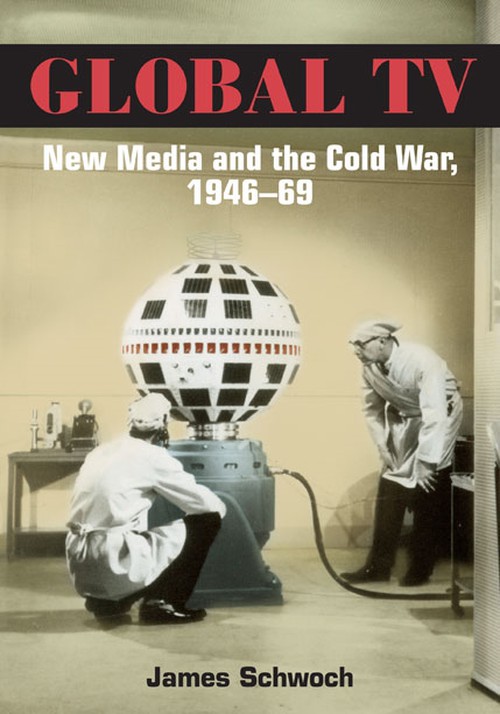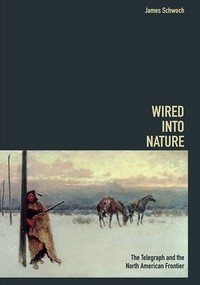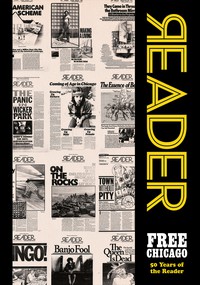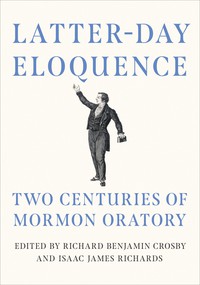
Global TV
Cloth: 12/12/2008
About the Book
James Schwoch presents a unique retelling of the Cold War period by examining the relationship of global television, diplomacy, and new electronic communications media. Beginning with the Allied occupation of Germany in 1946 and ending with the 1969 Apollo moon landing, this book explores major developments in global media, including the postwar absorption of the International Telecommunications Union into the United Nations and its impact on both television and international policy; the rise of psychological warfare and its relations to new electronic media of the 1950s; and the role of the Ford Foundation in shaping global communication research concepts.Reviews
"The historical background Schwoch provides is certainly relevant as a backdrop to the US's involvement with electronic information networks in the 21st century . . . . This is a readable, well-researched study."--Choice"Vital to our understanding of global media."--Cinema Journal
"An ambitious and informative study."--American Historical Review
Blurbs
“A wholly original, well-researched, and superbly written account of the development of global television set within the intertwined contexts of American foreign policy, psychological warfare, and information diplomacy during the years 1946–69. Stimulating and enjoyable.”--John T. Caldwell, author of Production Culture: Industrial Reflexivity and Critical Practice in Film and Television
“The sheer joy that Schwoch takes in hauling curiosities out of the archives is contagious. The result is a portrait that brings forth many treasures, some comic, some poignant, from the Cold War era, and also provides some serious food for thought in considering current U.S. policy about international media and goodwill building.”--John Durham Peters, author of Courting the Abyss: Free Speech and the Liberal Tradition






